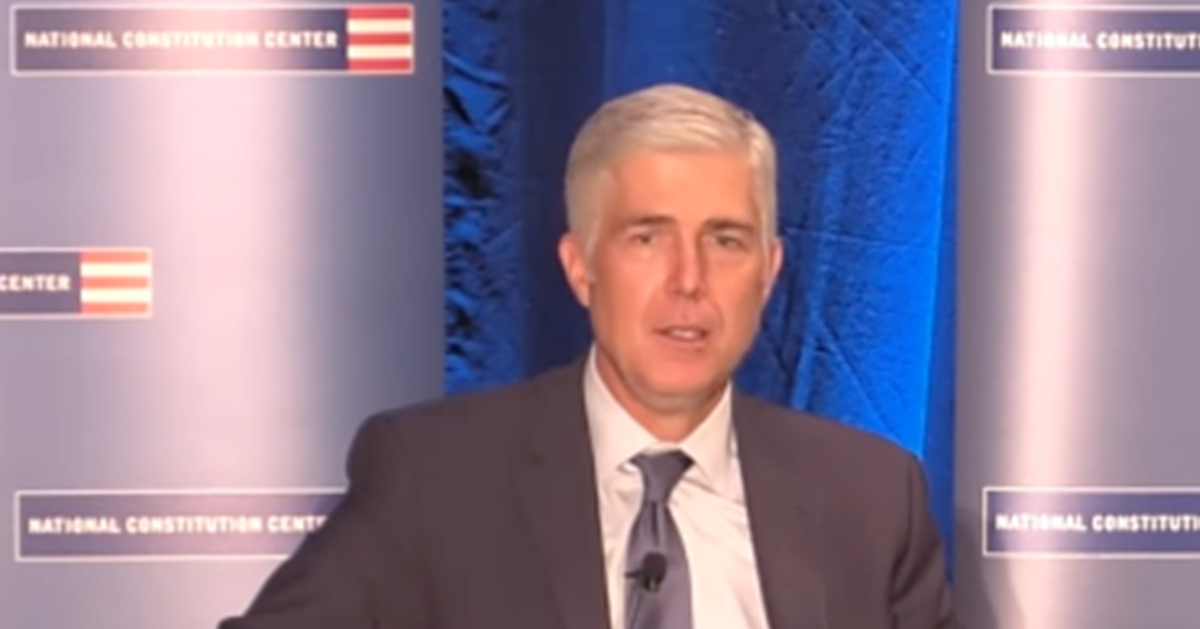White House Confirms Harris's Key Role In Afghanistan Exit Strategy
John Kirby, the National Security Communications Adviser at the White House, made a recent appearance on CNN’s “News Central” where he vigorously defended Vice President Kamala Harris’s deep involvement in the Afghanistan withdrawal. This discussion occurred just hours before a critical presidential debate, spotlighting the timing and implications of a recent report.
In an exclusive CNN interview, John Kirby dismissed criticisms in a House Republican report accusing Vice President Harris of inadequate oversight during the Afghanistan withdrawal, Breitbart reported.
The interview, conducted by CNN's John Berman, broached the subject of the House Republican report which critiqued Harris’s role in the Afghanistan exit. Kirby refuted the report’s timing and motives, suggesting its release before the debate was politically driven.
Controversy Surrounds Timing Of Republican Report
Kirby’s critique of the report extended beyond its timing. He emphasized Vice President Harris’s central role in the planning and decision-making process, portraying her involvement as both vital and expected. Kirby affirmed, “She was at the center of the policy discussions and the planning that went into the withdrawal,” underscoring her integral position in national security decisions.
The report claimed the withdrawal procedures disregarded the welfare of Afghan women and girls, a claim Kirby vehemently denied. He called such accusations untrue, reinforcing the administration’s commitment to those affected by the withdrawal.
Kirby sharply rejected accusations from House Republicans, arguing that the Vice President, alongside President Biden, approached the withdrawal with utmost concern for human rights, contrary to the partisan report’s implications.
Debate Over The Welfare Of Afghan Women And Girls
In his interview, Kirby assertively disputed claims surrounding the neglect of Afghan women and girls. He emphasized that both President Biden and Vice President Harris meticulously considered policy, prioritizing human rights amid challenging circumstances.
“This idea that either the Vice President or the President were just recklessly moving to this withdrawal without concern to Afghan women and girls just flies in the face of the facts. That is not true,” Kirby stated, reinforcing the administration’s stance on the careful planning and execution of the withdrawal strategy.
Kirby underscored a strong defense of Vice President Harris, highlighting her role as a key policymaker and participant in discussions leading to the end of America’s longest war. He stressed that bipartisan critique aimed to undermine the Vice President’s credibility ahead of the presidential debate.
Communications Adviser Criticizes Partisan Attacks
Kirby positioned Harris’s involvement as crucial and strategic while addressing the broader implications of the Republican report’s timing. He viewed the decision to release the document just before a significant political event as an attempt to sway public perception and debate narratives.
The administration faces scrutiny from various political corners but remains steadfast. Kirby’s assertions in the interview clarified Harris’s role and defended the overarching decisions made by the administration leading up to the withdrawal from Afghanistan.
Kirby highlighted how political factors intersect with national security decisions, particularly in the context of media coverage and public debate. His defense of Vice President Harris portrayed a coordinated and thoughtful approach within the highest levels of government.
Kirby Defends Administration’s Decision Process
John Kirby's interview sheds light on the complex layers of decision-making that influenced America’s withdrawal strategy from Afghanistan. He aimed to clarify Vice President Harris's leadership by positioning her at the forefront and refuting any notions of reckless decision-making.
However, the discourse surrounding Afghanistan’s withdrawal remains a contentious topic, intertwined with political motivations and the polarized atmosphere of American foreign policy. Kirby’s statements sought to redirect the focus toward the administration’s commitment to humane policies and strategic foresight.
The discussion broadens understanding of the challenges the U.S. faced in ending its military engagements abroad, emphasizing the importance of leadership in shaping foreign policy outcomes. As the debate continues, scrutiny will likely remain on the administration’s handling of such decisions.



